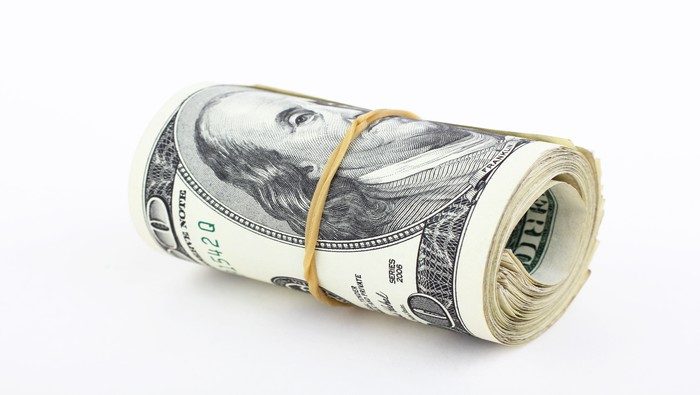
PCE REPORT KEY POINTS:
- April U.S. consumer spending surges 0.8%, well above expectations calling for a 0.4% increase
- Core PCE clocks rises 0.4% on a monthly basis, up 4.7% in the last 12 months, one-tenth of a percent above forecasts in both cases
- Gold prices turn lower as sticky inflation reinforces arguments for additional Fed hikes
Recommended by Diego Colman
Get Your Free USD Forecast
Most Read: Nasdaq 100 Outlook – Bulls Dominate but Pullback Looms, Bearish Signals to Watch
The U.S. Bureau of Economic Analysis this morning released data on income and outlays for April. According to the government agency, personal consumption expenditures, which account for more than two-thirds of the country’s gross domestic product, surged 0.8% last month versus a forecast of 0.3% – a sign that the American consumer remains healthy and has gas in the thank to keep the economy afloat.
Elsewhere in the report, the price indexes were somewhat disappointing given their little directional improvement. That said, headline PCE rose 0.4% m-o-m, pushing the annual rate to 4.4% from 4.2% previously. Meanwhile, Core PCE, the Fed’s favorite inflation gauge, advanced 0.4% monthly and 4.7% in yearly terms, one-tenth of a percent above estimates in both instances.
US PERSONAL INCOME AND PCE DATA
Source: DailyFX Calendar
Recommended by Diego Colman
Get Your Free Gold Forecast
Resilient household spending, coupled with sticky inflationary pressures, suggests that the Fed has more work to do in terms of monetary tightening to restore price stability in the economy. In this context, policymakers may be reluctant to hit the pause button and may instead go for another quarter-point hike at their June meeting, taking the policy rate to 5.25%-5.50%.
If interest rates expectations continue to shift in a more hawkish direction, U.S. Treasury yields will have few obstacles to continue their upward trek, reinforcing the US dollar’s recovery in the FX market. This scenario should be bearish for precious metals and other rate-sensitive assets, especially against a backdrop of stabilizing sentiment and reduced recession anxiety.
Immediately after today’s data crossed the wires, the U.S. dollar, as measured by the DXY index, rebounded, erasing some of its session losses, bolstered by the jump in Treasury rates. Gold, for its part, took a turn to the downside, retracing most of its daily gains to trade near $1945. These moves may continue in the near term.
US DOLLAR (DXY) & GOLD PRICES CHART

Source: TradingView

Leave a Reply